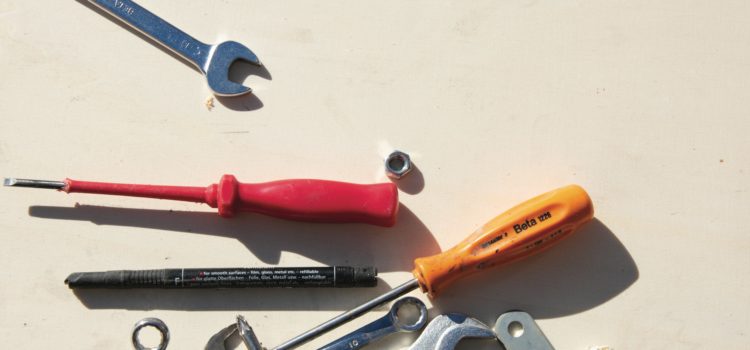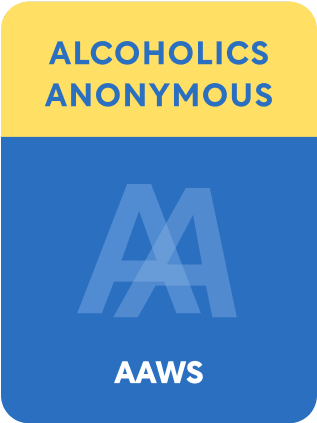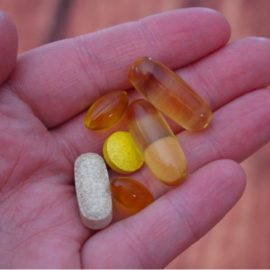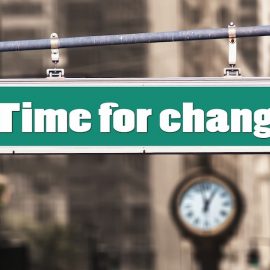

This article is an excerpt from the Shortform summary of "Alcoholics Anonymous: The Big Book" by AAWS. Shortform has the world's best summaries of books you should be reading.
Like this article? Sign up for a free trial here .
What are the main AA tools? How do these tools help set you up for success in recovery?
AA tools rely on other people in the program, such as your AA sponsor, as well as the work you do in self-reflection and prayer.
Read more about the AA tools used in the 12-Step Program.
What Are AA Tools?
Each part of the 12-Step Program relies on several tools. The general themes of these tools are the use of self-reflective inventories, prayers to a higher power, and other people in the program.
Inventories
This is soul-searching. As if you owned a retail store, do an inventory of yourself. Find the damaged and unsellable goods—search for your flaws that cause your failure when drinking. These are the flaws that drive you to drink—your anger, guilt, resentment, and other emotions.
Freeing yourself of these flaws means freeing yourself of the need to drink. If you become sorry for what you’ve done, and you have an honest desire to become better, you’ll be forgiven and avoid the guilt that drives people to drink.
Resentment is an especially common and powerful flaw. Make a list of what and who make you angry. Then ask yourself why you’re angry, and how this anger causes you injury. For example:
- I’m resentful at: my boss.
- Because: He’s unreasonable and overbearing. He threatens to fire me for missing work.
- This harms my: Self-esteem and feeling of security.
When doing a moral inventory of yourself, you must avoid blaming other people’s flaws. Focus just on yourself—where had you been selfish, inconsiderate, dishonest, or self-seeking? Make a list of your wrongs only.
In Step 8, you make a list of all people you’ve harmed and become willing to make amends. You don’t need to make amends yet—you just need to be prepared to do so.
You can consult your moral inventory, which you made in Step 4 and confessed in Step 5, for a list of people. One of your AA tools is this inventory.
Prayers as AA Tools
The Big Book has this prayer for your higher power: “I am now willing that you should have all of me, good and bad. I pray that you now remove from me every single defect of character which stands in the way of my usefulness to you and my fellows. Grant me strength, as I go out from here, to do your bidding. Amen.”
In Step 11, you discover the plan that your higher power has for you, and you gain the will to carry it out.
For spiritual people, this step often involves prayer and meditation. For secular people, this involves stopping and reflecting on your thoughts.
Here’s a simple way of implementing Step 11:
- At the end of the day, review your day constructively. Did you have any shortcomings, like being resentful, afraid, or selfish? Do you need to make amends to anyone? Were you kind towards all? What could you have done better?
- Don’t drift into worry or morbid reflection—this will diminish your usefulness to others. Ask for forgiveness and ask what corrective measures need be taken.
- The next day, on waking, plan your day. Don’t feel any self-pity and don’t have any selfish motives. Pray that you’ll be shown all day what your next step is to be, that you’ll be given whatever you need to take care of such problems.
As you complete these steps, you will feel renewed. That is the power of the AA tools that use prayers. Fear and insecurity will leave; ability and peace will replace them. “God is doing for us what we could not do for ourselves.”
Relying on Others
In addition to the AA tools of an inventory of yourself and prayers, other people are also critical to your recovery. Each alcoholic has a sponsor, but you also give back as you work through the program.
This work is more than just helping other people—it helps you stay sober as well. You reinforce the principles within yourself. “Our very lives, as ex-problem drinkers, depend upon our constant thought of others and how we may help meet their needs.”
(Shortform note: from a practical and psychological point of view, helping other people as one of the AA tools has a host of benefits for you:
- Active social engagement and building friendships adds to happiness, which helps counter the urge to drink.
- Seeing AA methods work in someone else reinforces the belief that they’ll continue working for you.
- Helping other people helps make up for internal guilt you have about yourself, adding credit to your moral ledger.
- This provides a cover for your motives when you approach new prospects, who may be skeptical of your intentions. “I’m not doing this for you, I’m doing it for me.”

———End of Preview———
Like what you just read? Read the rest of the world's best summary of AAWS's "Alcoholics Anonymous: The Big Book" at Shortform .
Here's what you'll find in our full Alcoholics Anonymous: The Big Book summary :
- How alcoholism is a nearly insurmountable disease that non-alcoholics can't understand
- The key 12 steps of the program, and why they work
- Why Alcoholics Anonymous isn't a cult and why it works






